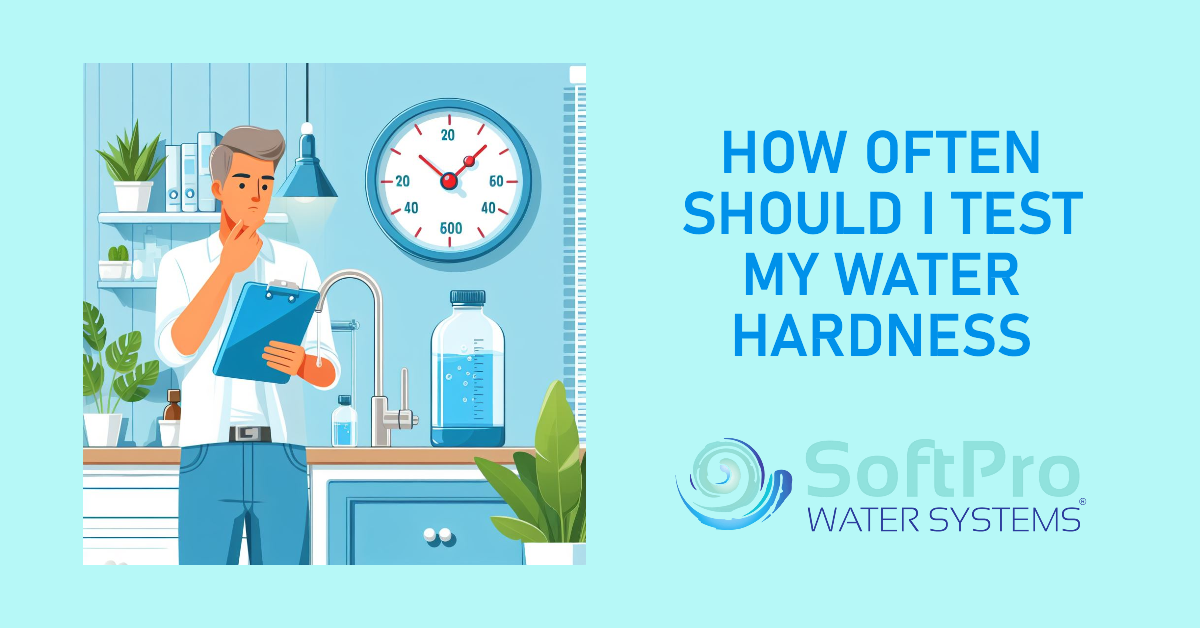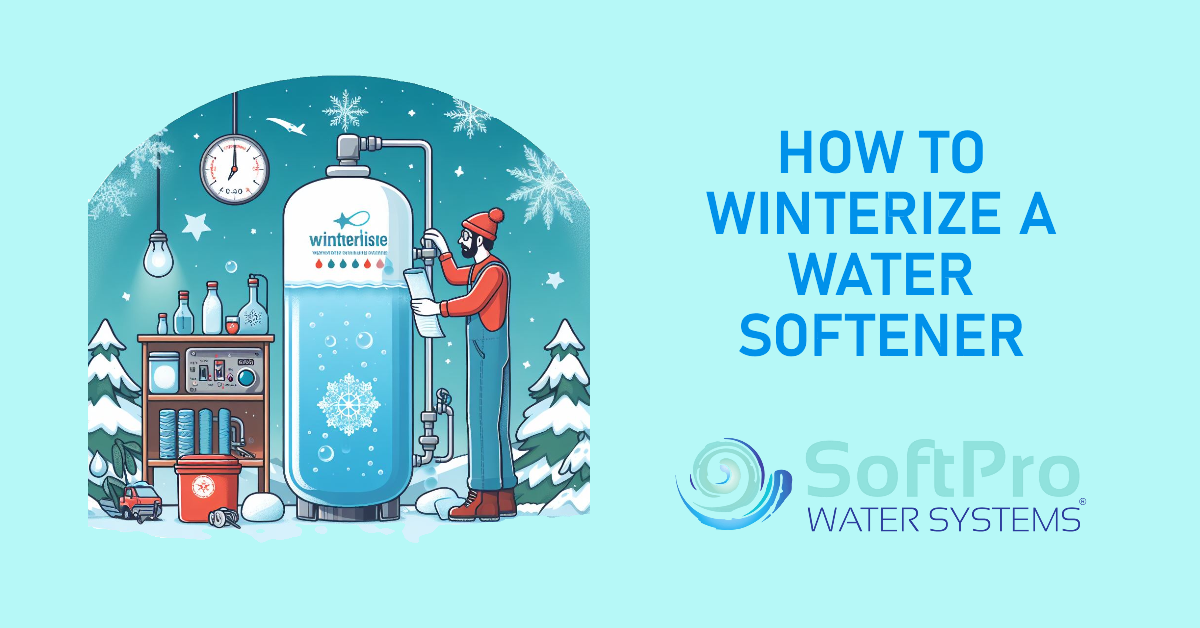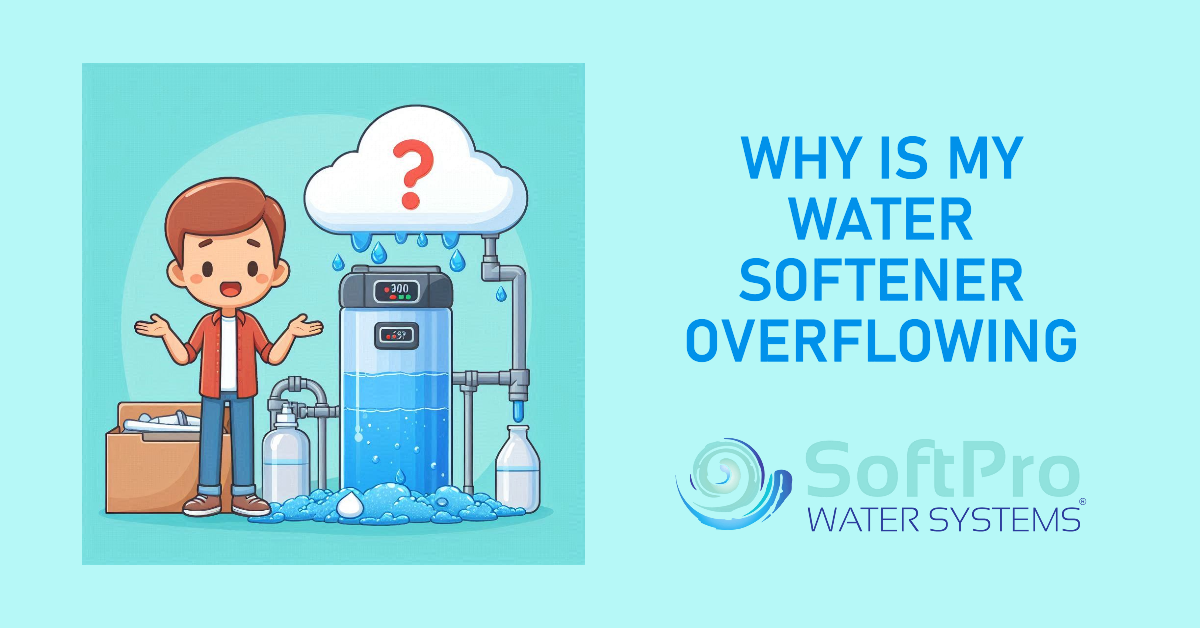How Often Should I Test My Water Hardness? Why It Matters
Table of Contents
The frequency of water hardness testing depends on a few factors, including your water source and whether you notice signs of hard water problems. For well water, annual testing is generally recommended. Municipal water may require less frequent testing (every few years) unless you observe drastic changes in its quality. If you already have a water softener installed, test your water before installation to establish a baseline and then periodically to ensure the system is working effectively.
Hard water refers to water with a high concentration of minerals, primarily calcium and magnesium. While these minerals are not inherently harmful, they can lead to various household annoyances and even long-term appliance damage. Water hardness testing allows you to determine the mineral content of your water supply, empowering you to make informed decisions about whether water softening or other solutions might be beneficial for your home.
Common problems caused by hard water include:
- Difficulty creating soap lather and stubborn soap scum buildup on surfaces.
- Spotting and residue left on dishes and glassware.
- Dry, itchy skin and lackluster hair.
- Reduced efficiency and premature wear and tear on appliances like water heaters and washing machines.
Should I Worry About Hard Water?
Hard water might seem like a minor inconvenience, but its effects can compound over time, impacting your home, your comfort, and even your wallet. Let's break down the key problems it causes:
-
Soap Scum & Lathering Issues: Calcium and magnesium in hard water react with soap to form a sticky residue known as soap scum. This buildup makes cleaning a chore and leaves your bathroom surfaces perpetually dingy. It also hinders soap's ability to lather, requiring you to use more product to achieve the same results.
-
Spotting on Dishes: Those cloudy spots and streaks on your glassware aren't a sign of poor cleaning; they're caused by minerals left behind by hard water. This can make your dishes appear perpetually unclean.
-
Dry Skin & Hair: Hard water disrupts your skin's natural moisture balance and can leave your hair feeling brittle and lifeless. Over time, this can contribute to skin irritation and scalp dryness.
-
Appliance Woes: Limescale, a chalky deposit formed by minerals in hard water, can accumulate inside your water heater, pipes, and appliances like washing machines and dishwashers. This buildup reduces efficiency, increases energy bills, and can even shorten the lifespan of your appliances.
The Importance of Water Source
-
Well Water: If your home relies on well water, you're more susceptible to hard water issues. Groundwater naturally picks up minerals as it percolates through rock and soil, and the hardness level can fluctuate based on rainfall and other environmental factors.
-
Municipal Water: Cities and towns often treat their water supply, which can include processes to soften the water. However, hardness levels can still vary, and changes at the treatment plant or in the distribution system might affect your tap water.
How Do I Know if My Water is Hard?
Luckily, there are several telltale signs of hard water, along with simple tests to confirm your suspicions.
Signs to Watch For
- Difficulty Lathering: If your soaps and shampoos don't foam up easily, it's a strong indicator of hard water.
- Soap Scum: Noticeable residue on your shower, tub, or sinks, even after cleaning, is a classic hard water symptom.
- Spotty Dishes: Water spots and filmy residue on your "clean" dishes and glassware point towards mineral-rich water.
- Dry Skin & Hair: If you experience persistent skin dryness or your hair feels brittle and lacks shine, hard water could be the culprit.
- Appliance Issues: Reduced water pressure, longer heating times for your water heater, or frequent appliance malfunctions might signal limescale buildup caused by hard water.
DIY Testing
- Soap Lather Test: Fill a clear bottle with water and add a few drops of liquid dish soap. Shake vigorously – if the water turns cloudy and produces minimal suds, you likely have hard water.
- Jar Test: Fill a jar with water and a generous amount of soap. Shake and let it sit. Hard water will remain cloudy and might leave a ring of residue around the jar.
- Test Strips: Available at home improvement stores and online, these provide a more precise measurement of your water's hardness level.
Professional Testing
For the most accurate analysis of your water's hardness, especially if you have well water, consider professional testing. Certified laboratories can measure exact mineral content and may test for other water quality factors as well.
How Often Should I Get My Water Hardness Tested?
The optimal frequency for water hardness testing depends primarily on your water source and whether you've already taken steps to address hard water.
Well Water
If you rely on well water, it's wise to test annually. Well water is directly influenced by underground mineral content, which can fluctuate due to factors like rainfall and seasonal changes. Annual testing ensures you stay aware of any significant shifts in water hardness.
Municipal Water
Municipal water supplies generally undergo more consistent treatment, making very frequent testing less necessary. Testing every 2-3 years is usually sufficient for city or town water unless you notice a drastic change in water quality (e.g., sudden spotting, changes in taste or smell).
Water Softener Owners
- Before Installation: A baseline test is essential to determine the severity of your hard water problem and select the right water softener system for your needs.
- After Installation: Periodic testing helps you monitor your water softener's efficiency and identify if any adjustments or maintenance are needed.
When Problems Arise
Even if it hasn't hit your usual testing interval, it's a good idea to test your water hardness whenever you observe signs of hard water trouble. This helps confirm whether minerals are the culprit and informs your next steps for resolution.
Where Can I Get My Water Tested?
You have several options for getting your water's hardness analyzed, ranging from convenient DIY methods to professional laboratory services.
DIY Kits
- Readily available at home improvement stores or online retailers, these kits offer a quick and affordable way to get an approximate idea of your water hardness level.
- Most DIY kits use test strips that change color based on mineral concentration, providing results in grains per gallon (gpg) or parts per million (ppm).
Professional Labs
- For the most accurate and comprehensive water analysis, consider a certified water testing laboratory.
- Labs can measure precise hardness levels and often offer testing for a broader range of water quality parameters, such as pH, iron content, and the presence of bacteria.
Water Softener Companies
- Many water softener companies provide water testing services, often as a free consultation when considering their products.
- Their tests are designed to inform recommendations for water softener systems if your results indicate hard water.
Local Resources
- Your municipal water supplier may offer testing or provide recommendations for local laboratories.
- Your county health department might also be a resource for water testing options in your area.
Important Considerations
When selecting a testing method, consider the level of accuracy you require and whether you're interested in a broader water quality analysis beyond just hardness.
What Do I Do With My Water Hardness Test Results?
Your water hardness test results will provide a numerical value in either grains per gallon (gpg) or parts per million (ppm). Here's how to interpret those numbers and decide on your next steps:
Understanding the Hardness Scale
- 0-0.5 gpg (0-8.55 ppm): Soft water
- 0.5-3.5 gpg (8.55-60 ppm): Slightly hard water
- 3.5-7 gpg (60-120 ppm): Moderately hard water
- 7-10.5 gpg (120-180 ppm): Hard water
- 10.5+ gpg (180+ ppm): Very hard water
Determining Next Steps
- Mild Hardness: Unless it presents aesthetic annoyances (like minor spotting), you might not need to take action. Some detergents and soaps are formulated for hard water.
- Moderate to Severe Hardness: If you're experiencing significant hard water problems, a water softener system is likely the best solution to protect your appliances, improve cleaning efficiency, and enhance skin and hair health.
- Existing Water Softener: Your results will indicate whether your softener is functioning correctly. If the hardness level is higher than expected, you may need to consult a professional for adjustments or maintenance.
Consulting an Expert
Water treatment professionals can offer invaluable guidance in interpreting your test results, selecting the right water softener (if needed), and ensuring proper installation. They'll consider your water hardness levels, household size, and water usage patterns for tailored recommendations.
Taking Control of Your Water Hardness
Water hardness may seem like a minor issue, but its effects can significantly impact your home and quality of life. Testing your water hardness empowers you to make informed decisions about water treatment and protect your appliances, plumbing, skin, and hair from the damaging effects of hard water.
Key Takeaways
- Hard water contains high levels of calcium and magnesium, leading to soap scum, spotting, appliance problems, and dry skin and hair.
- Testing frequency depends on your water source (well or municipal) and whether you have a water softener.
- DIY tests offer convenience, while professional labs provide the most accurate results.
- Understanding the water hardness scale helps you determine if action is needed and aids in water softener selection.
Don't let hard water dictate the comfort and efficiency of your home! If you haven't explored your water hardness lately, consider getting it tested. Whether you prefer a simple DIY kit or a detailed lab analysis, the knowledge you gain will help you make the best decisions for your household.
Let us know if you would like help interpreting your water test results or exploring the benefits of a water softener. Our experts at SoftPro Water Systems are here to guide you!






![SoftPro Chlorine+ Carbon Whole House Water Filter to Remove PFAS, Chlorine, Chloramine & Pesticides [City Water Filters Series]](http://www.softprowatersystems.com/cdn/shop/files/SoftPro_Whole_House_Carbon_Filter_Chlorine.webp?v=1769127507&width=140)
![SoftPro Iron Filter - Iron Master AIO - Best Iron Filter for Well Water [Air Injected Water Filter / Katalox]](http://www.softprowatersystems.com/cdn/shop/files/SoftPro_AIO_Iron_Master_Iron_Filter_Main.webp?v=1772123747&width=140)













